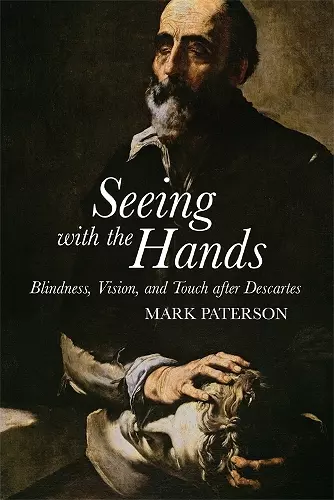Seeing with the Hands
Blindness, Vision and Touch After Descartes
Format:Paperback
Publisher:Edinburgh University Press
Published:29th Feb '16
Currently unavailable, and unfortunately no date known when it will be back
This paperback is available in another edition too:
- Hardback£95.00(9781474405317)

A literary, historical and philosophical discussion of attitudes to blindness by the sighted, and what the blind ‘see’ Why has there been a persistent fascination by the sighted, including philosophers, poets and the public, in what the blind ‘see’? Is the experience of being blind, as Descartes declared, like ‘seeing with the hands’? What happens on the rare occasions when surgery allows previously blind people to see for the very first time? And how did evidence from early experimental surgery inform those philosophical debates about vision and touch? These questions and others were prompted by a question that the Irish scientist, Molyneux, asked an English philosopher, Locke, in 1688, but which was to have implications for British empiricism, French sensationism, and the beginnings of psychology that outlasted the long tail of the Enlightenment. Through an unfolding historical and philosophical narrative the book follows up responses to this question in Britain and France, and considers it as an early articulation of sensory substitution, the substitution of one sense (touch) for another (vision). This concept has influenced attitudes towards blindness, and technologies for the blind and vision impaired, to this day. Key Features Unfolds the history of ‘blindness’ from 17th century that shades into the beginnings of psychologyQuestions the assumed centrality of vision and the eye in Enlightenment philosophy and scienceTraces the core idea of ‘sensory substitution’ from hypothetical speculations in the 17th century to present day technologies for the blind and vision impaired
Paterson surveys the long and checkered history of the Hypothetical Blind Man from Enlightenment philosophy to contemporary cognitive science. Both lucid and comprehensive, his account takes the fresh approach to set these traditional representations against the testimony of actual blind people, creating a more nuanced and complex understanding of blindness. -- University of California, Berkeley * Georgina Kleege *
ISBN: 9781474405324
Dimensions: unknown
Weight: 327g
224 pages